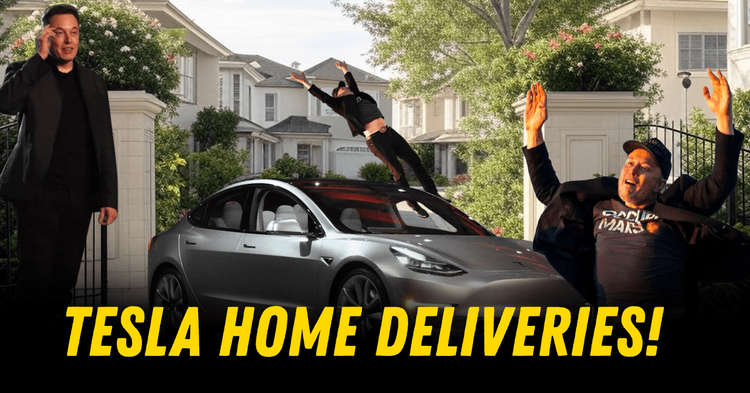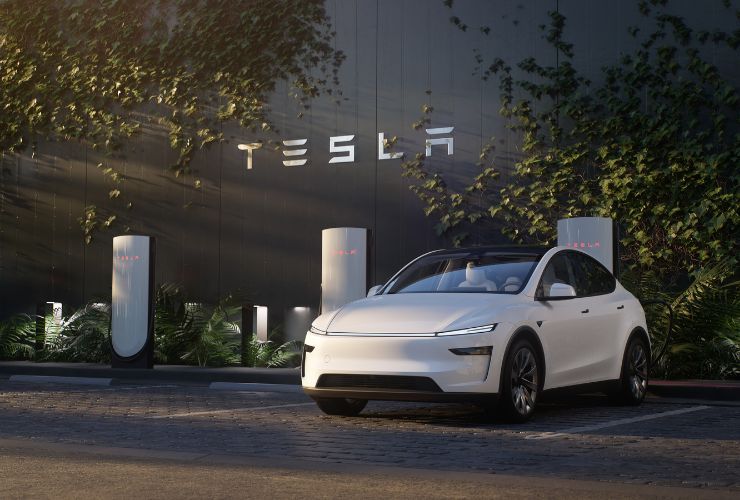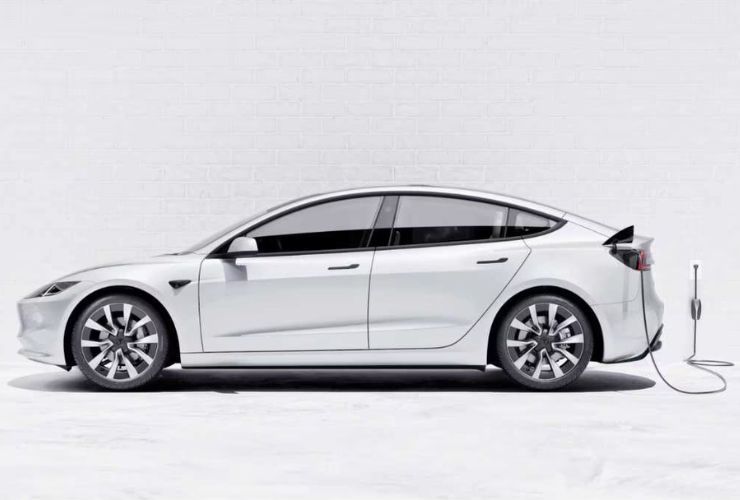Tesla Cars Will be Home-Delivered In India



Tesla’s much-anticipated entry into the Indian market is set to make waves, with the company introducing direct online sales and home delivery for its first 1,000 cars. This innovative approach eliminates traditional dealerships, offering a seamless buying experience. However, while Tesla’s arrival signals a shift in India’s electric vehicle (EV) landscape, the question remains: will these cars truly cater to the masses or remain exclusive to the affluent?
Tesla plans to launch its Model 3 and Model Y in India, initially importing them from its Berlin factory. The company has secured showroom spaces in Mumbai and Delhi but is yet to establish service centres, focusing instead on selling imported vehicles directly to customers. This strategy aligns with Tesla’s global approach of prioritising premium technology and direct-to-consumer sales.
The Model 3, Tesla’s entry-level offering, is expected to attract early adopters such as business leaders and celebrities due to its reputation for cutting-edge technology and performance. However, with an estimated price tag of ₹35 lakh or higher after import duties, it is unlikely to appeal to the broader middle-class market.

One of Tesla’s biggest hurdles in India is pricing. Import duties on completely built units (CBUs) remain steep despite recent reductions. For vehicles priced above $40,000 (~₹35 lakh), duties have been lowered from 125% to 70%, but this still places Tesla cars firmly in the luxury segment. Without local manufacturing, Tesla’s prices will remain unattainable for most Indian buyers.
To address this, Tesla has expressed interest in setting up a factory in Maharashtra, which could significantly reduce costs by avoiding import tariffs. Local production would also align with India’s “Make in India” initiative and potentially make Tesla vehicles accessible to upper-middle-class buyers.
India’s EV market is already competitive, with domestic players like Tata Motors dominating with affordable models such as the Nexon EV and Tiago EV. Tata holds a commanding share in the EV segment. Other brands like Mahindra & Mahindra and MG Motors are also expanding their portfolios with feature-rich yet affordable options.
International competitors like BYD from China are gaining traction by offering budget-friendly EVs packed with advanced features. In this landscape, Tesla faces stiff competition unless it can lower its prices or introduce models tailored for price-sensitive buyers.
Tesla’s success in India will also depend on infrastructure development. Although plans are underway to install thousands of multi-brand EV charging stations across the country by 2025, current infrastructure remains limited. Additionally, Tesla vehicles may require modifications for Indian road conditions, such as increased ground clearance.
Tesla’s expanding charging network and potential partnerships with local players could alleviate some concerns. However, until charging stations become widespread, mass-market adoption may be slow.
The answer would lie in Tesla’s long-term strategy. Initially targeting affluent buyers with premium models imported from Germany, Tesla may later shift focus to local manufacturing and more affordable offerings. Reports suggest that Tesla could introduce a sub-$25,000 (~₹21 lakh) model tailored for India. If realised, this could open doors to upper-middle-class buyers who currently favour domestic brands.
For now, Tesla’s entry seems geared towards reshaping India’s luxury EV market rather than catering directly to the masses. Its advanced technology—such as Autopilot features—and brand prestige may help carve out a niche among wealthy consumers. However, broader accessibility will depend on local production and government incentives.
Tesla’s direct sales model and home delivery concept mark a bold entry into India’s evolving EV market. While its initial offerings are unlikely to be affordable for most Indians due to high import costs, future plans for local manufacturing could change this dynamic. For now, Tesla remains positioned as a premium brand targeting affluent buyers rather than mass-market consumers. As India continues its push toward sustainable mobility, Tesla’s role could evolve significantly—but only time will tell whether it can truly cater to the masses.